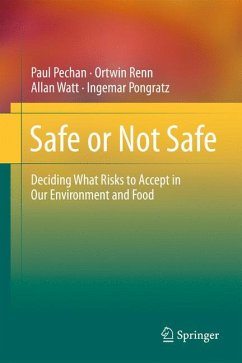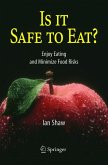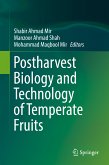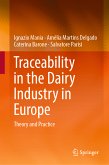The book is divided into four interrelated chapters. Chapter one deals with risk: Risk examples are given from our daily life, illustrating what we need to know about risks and how to manage them. Chapter two addresses the risks to biodiversity. Chapter three investigates the risks chemical contaminants pose to our health through the food chain. The final chapter reviews the last three decades of creating genetically engineered food, focusing not only on the science behind the technology, but also on issues, such as consumer choice and rights, politics, product usefulness, and the availability of alternatives.
Aimed especially at food science professionals and educators, undergraduate and graduate students, health professionals, and an interested general public will also benefit greatly from this resource.
Dieser Download kann aus rechtlichen Gründen nur mit Rechnungsadresse in A, B, BG, CY, CZ, D, DK, EW, E, FIN, F, GR, HR, H, IRL, I, LT, L, LR, M, NL, PL, P, R, S, SLO, SK ausgeliefert werden.
Hinweis: Dieser Artikel kann nur an eine deutsche Lieferadresse ausgeliefert werden.
"An additional subtitle to this excellent book should be 'risk management.' ... This book will be useful for a wide audience, especially students, faculty, and researchers in environmental, food, risk management, political science, legal, and communication disciplines, as well as politicians and the concerned public. Summing Up: Recommended. All readers." (R. E. Buntrock, Choice, Vol. 49 (2), October, 2011)









